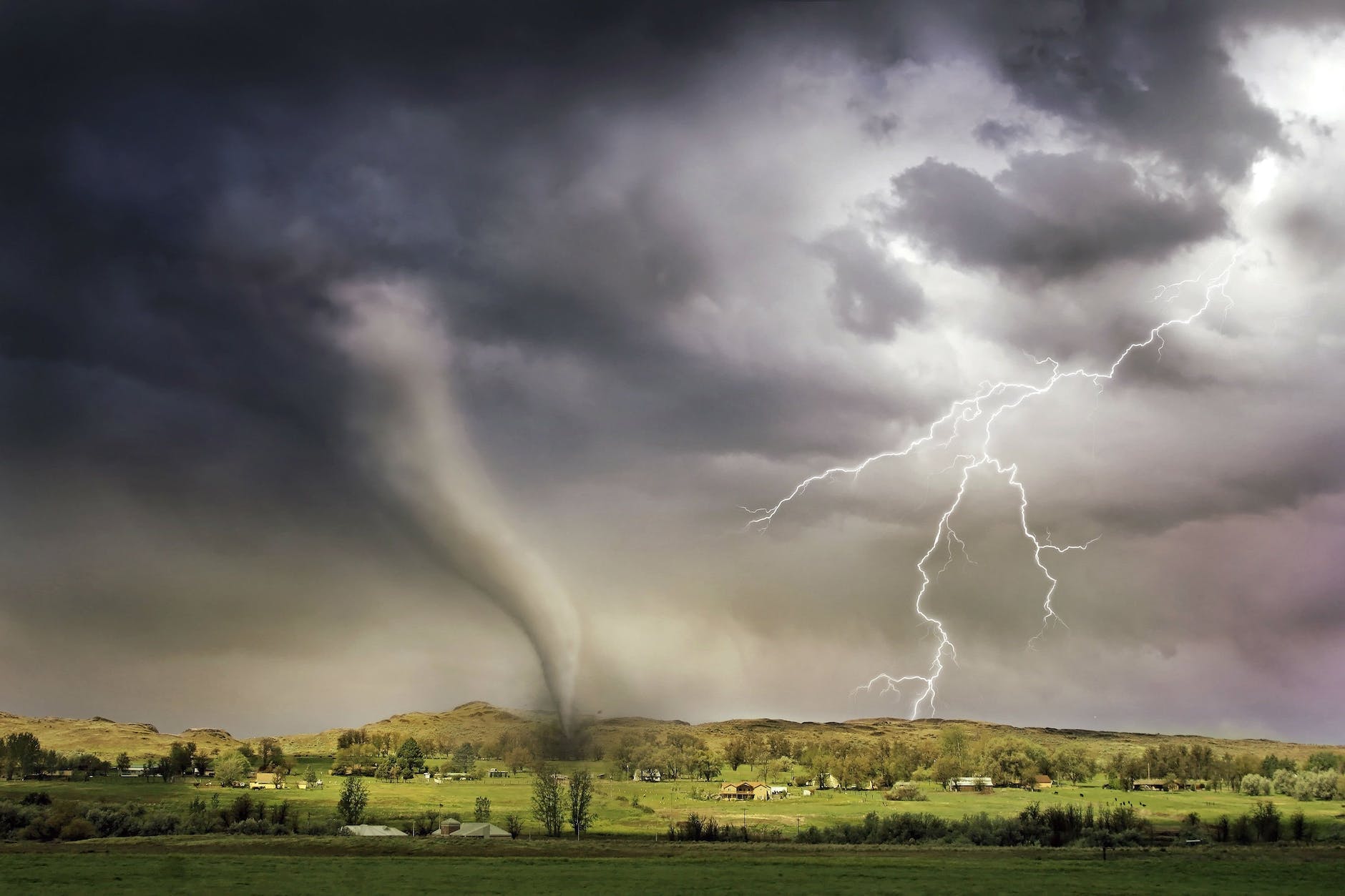
By Tanya Ruckstuhl LICSW
I love playing with questions that defy tidy answers. Stories, parables, and folk/fairy tales illuminate humankind’s perennial issues: individual identity, connection with others, conflict. Barbara Kingsolver’s brilliant, sometimes painful-to-read book Demon Copperhead is a deep dive into intergenerational trauma, addiction, and the urban/rural divide. Trauma and addiction are familiar story topics, but her exploration of the urban/rural divide blew my mind. Specifically, how rural or “land” people are more self sufficient and pay less taxes than urban or “city” people, and how this creates an economic agenda to encourage migration to the city. This is done by depicting rural or land people in the media as stupid, unsophisticated country bumpkins while casting city people as glamorous, intelligent, and cool. This manipulative programming creates a yearning for the big city life, where the formerly rural now must work for others to make money to buy food and services, where once they could work their land and grow, hunt and fish their food.
Another angle on this rural/urban identity has come from the Martyrmade podcast by Darryl Cooper on “Fear and Loathing in New Jerusalem,” which I’ve been listening to in an attempt to develop a more robust historical understanding of the Israel/Palestine conflict. He makes an interesting point about rural tribal identity versus urban national identity. In areas with long-standing, intergenerational residents, there is more nepotism, more kinship ties, more tribal identity and distrust of state institutions as interlopers and power thieves. In higher density, more mobile, urban areas, there are smaller nuclear families, less history and loyalty to place, and greater trust in state mechanisms to set the rules and solve conflict as well as greater national identity. National identity is good for political stability because it ties people together who hail from different religions, locations, and cultures: the melting pot idea.
To be a fully functional adult, we each must navigate both the communal “we” and the individual “me:” This means figuring out how to belong to a group for the purposes of education, employment, intimacy, and friendships, as well as holding on to our individual identity to retain some sense of autonomy or freedom of choice. We must know ourselves as individuals to know what we want. We take that individual awareness into our decisions to join or leave a group. We balance the importance of our group belongingness against the importance of our individual identity to know when to go along versus when to dissent within the group or to leave it altogether.
I was born in a developing country with tremendous poverty and corruption. I do not share my fellow liberal’s misty-eyed views of decentralized government, but probably would if I didn’t have personal experience that made me grateful for government structure. One of my bestie’s husbands grew up on a Montana farm. He has a whole collection of guns, and while this is unusual for Seattle folk, it is completely normal for people who grow up in areas where the police are too far away to arrive quickly if you are in danger.
Are you more city (mobile, specialized, liberal) or country (self-sufficient, kinship obliged, suspicious of outsiders)? How much of this identity has absolutely nothing to do with you individually assessing the various perspectives out there and deciding what you believe to be most sound? I would wager: all of your urban or rural identity and the resulting personality traits likely have nothing to do with you. We are products of our environment and some of these influences are so subtle, we don’t even see them.
Take nursing homes and day care. City people put their youngsters as well as their elders in the care of others because most of the time, both members of a couple work full time and don’t have time to do it themselves. Rural people take care of them at home, because often only one member of a couple works full time and as a result, they don’t have the money to do it differently. Both groups are (let us hope) deeply concerned with the protection and wellbeing of their loved ones, they just happen to solve the problem of providing care in different ways because most have no choice and the ones who do, look around and imitate what is done in their communities.
Sometimes, it’s helpful to look at our behaviors and the values they convey as vestigial clutter we carry around, like VHS tapes or wisdom teeth. Once upon a time wisdom teeth were insurance: back then, we lived in pre-dental societies when jaws were larger and tooth loss common. Once upon a time, VHS tapes were cutting edge 80’s entertainment.
What do you think is true because you happen to live in a place where others think it is true? What might you be missing out on from your limited perspective? What seems dead obvious to any of us in terms of politics, science, religion, or current trends may be entirely a product of when and where we happen to come from…not something to feel proud or self-righteous about. My hope is that we each can retain some intellectual autonomy to be curious and equally skeptical about beliefs and conclusions both within and outside of our group identities. Just as conflict between two people starts to soften the minute one can honestly say to the other “I see your point,” our ability to step outside of our own perspectives is radical and healing.






